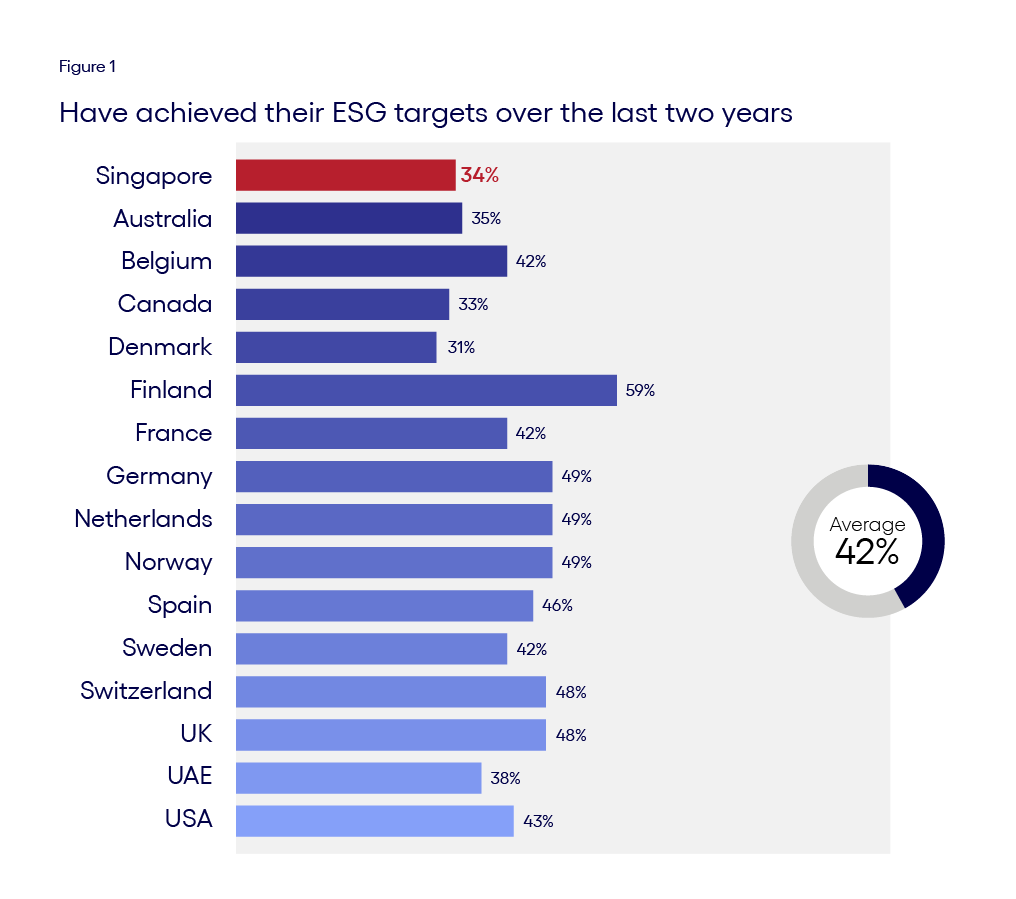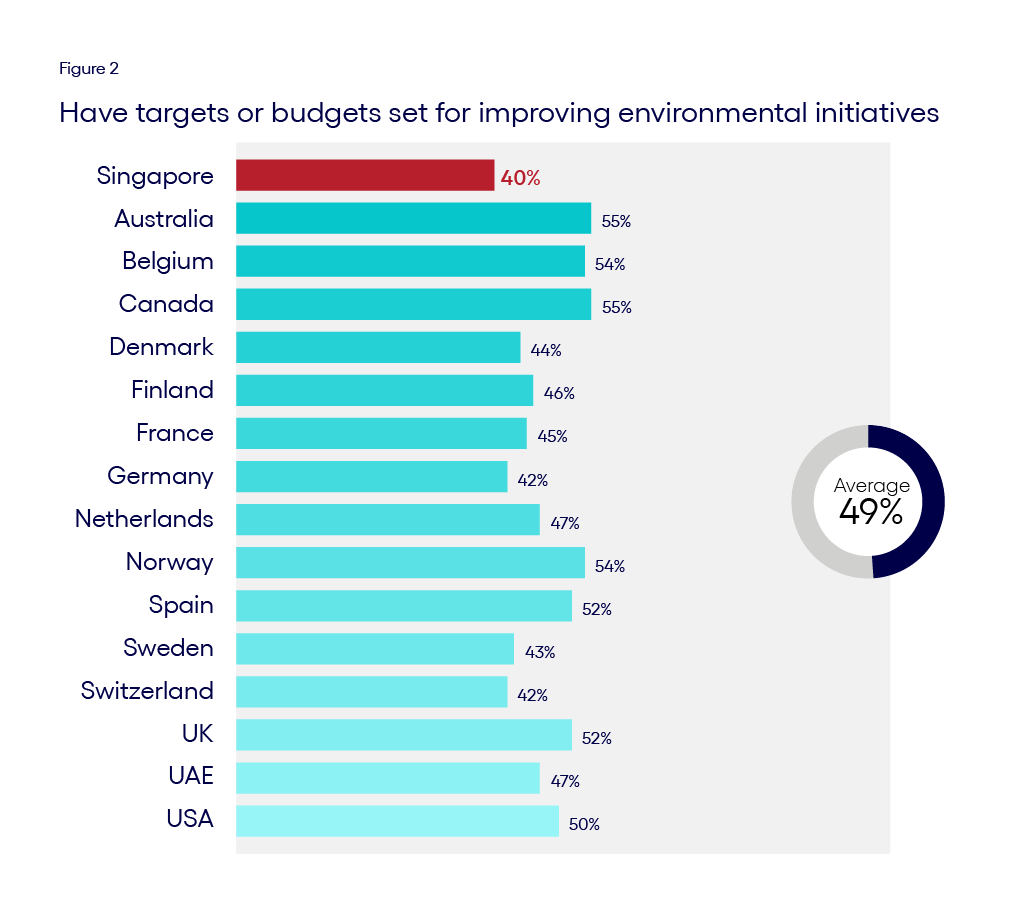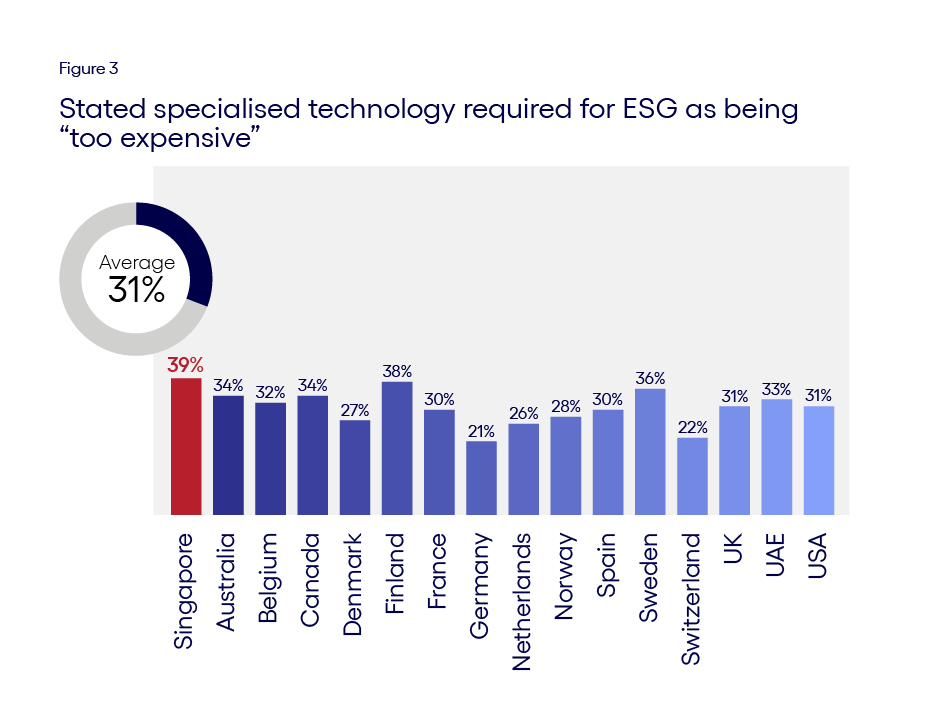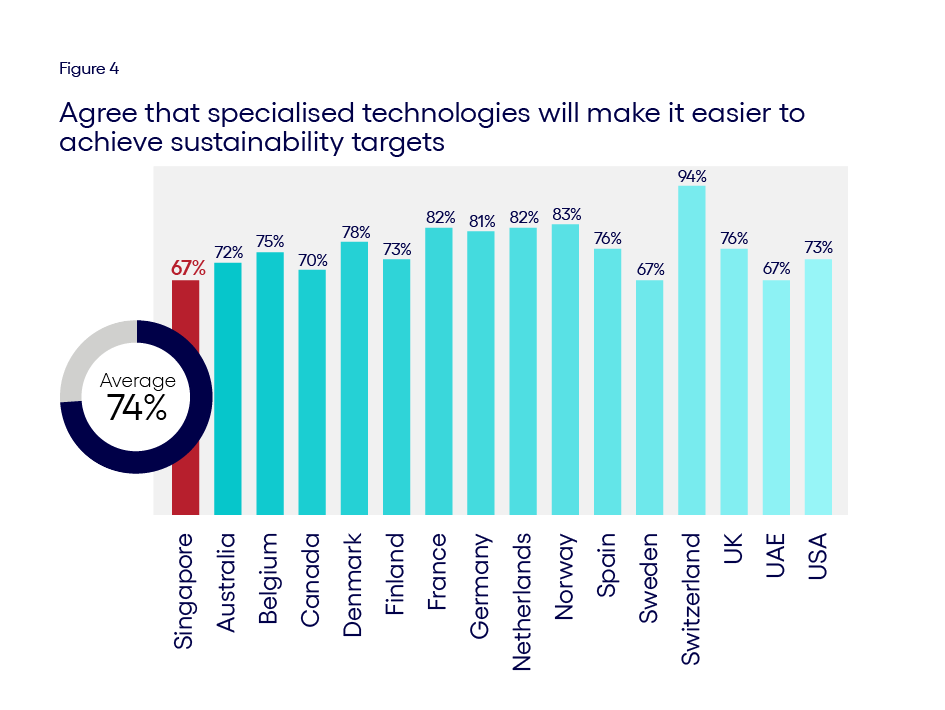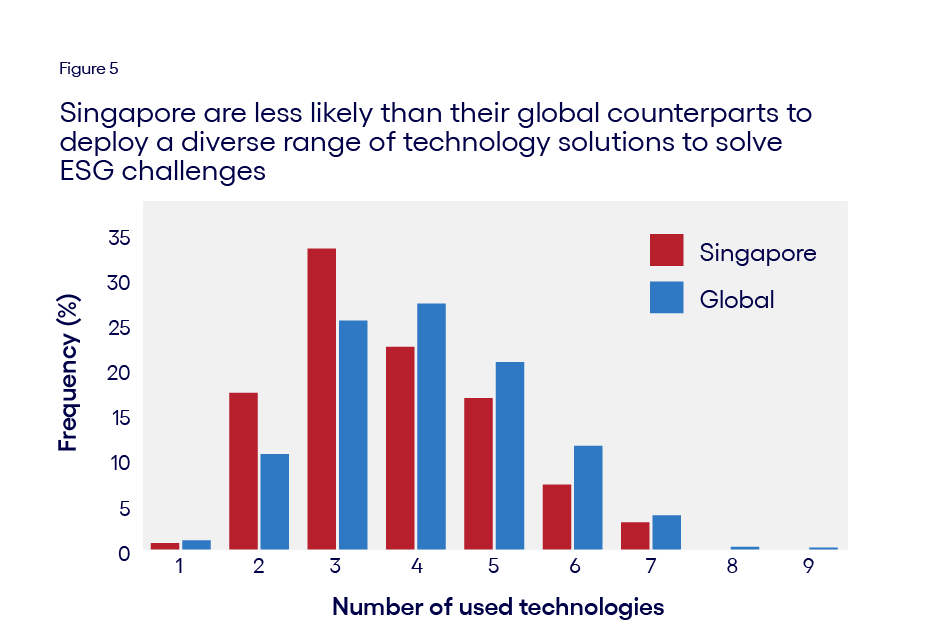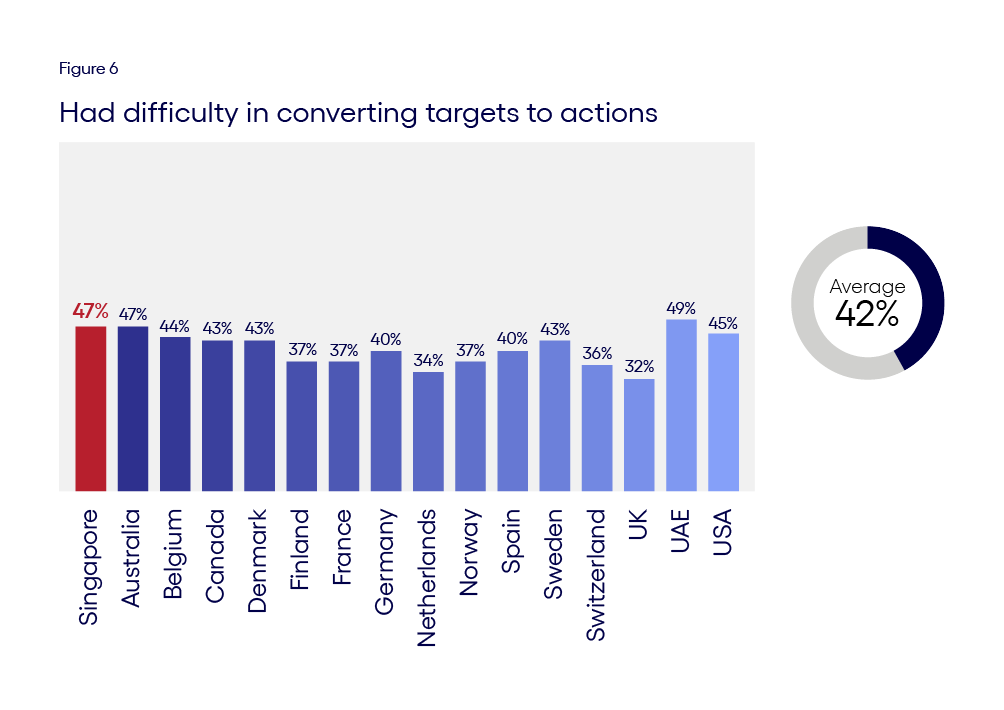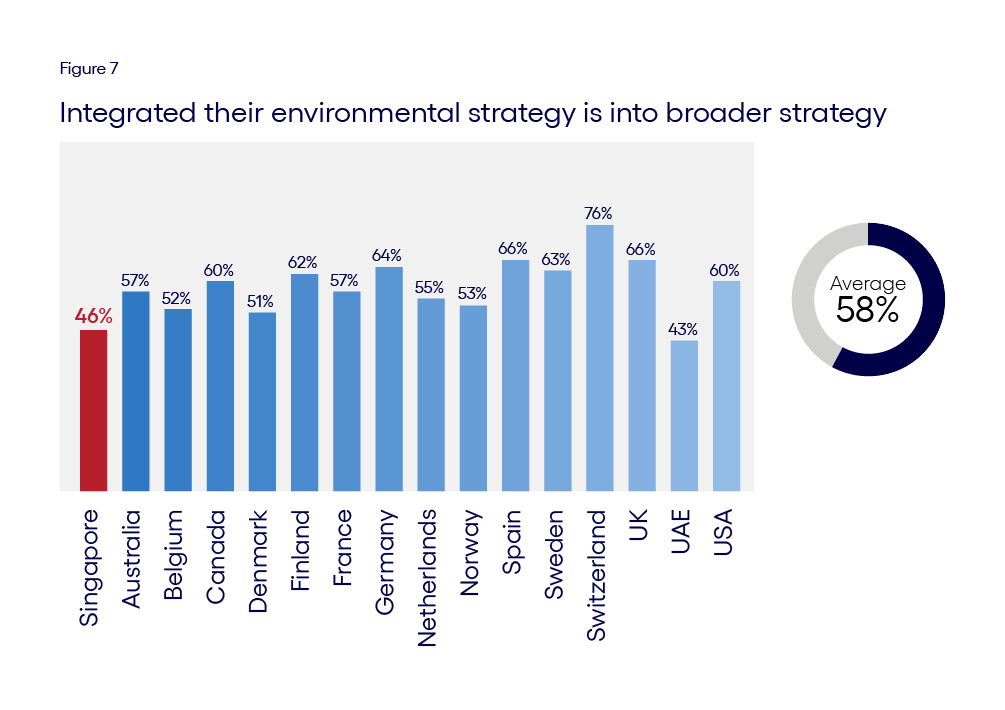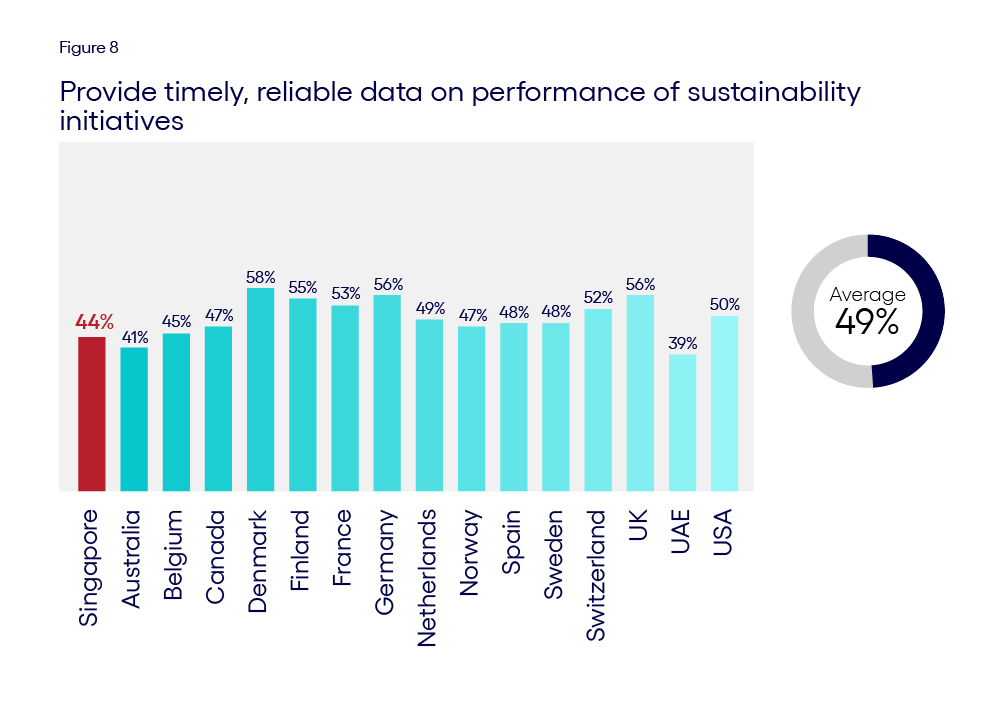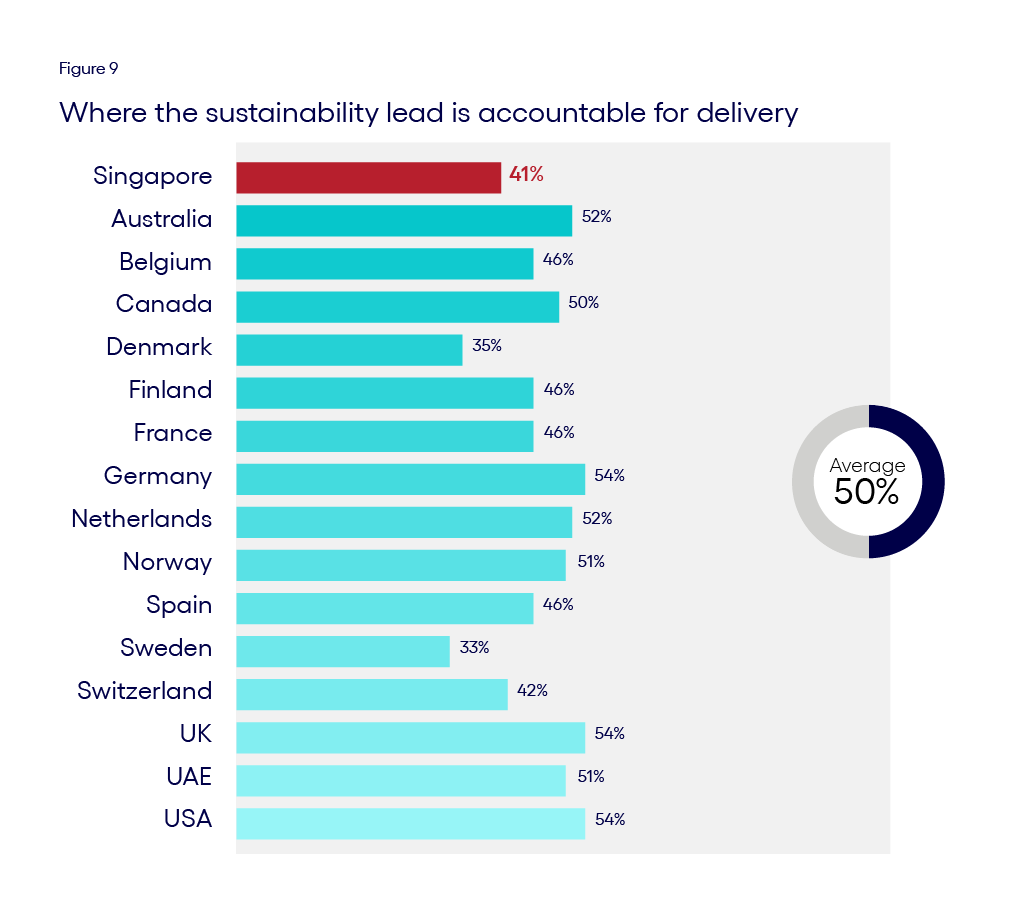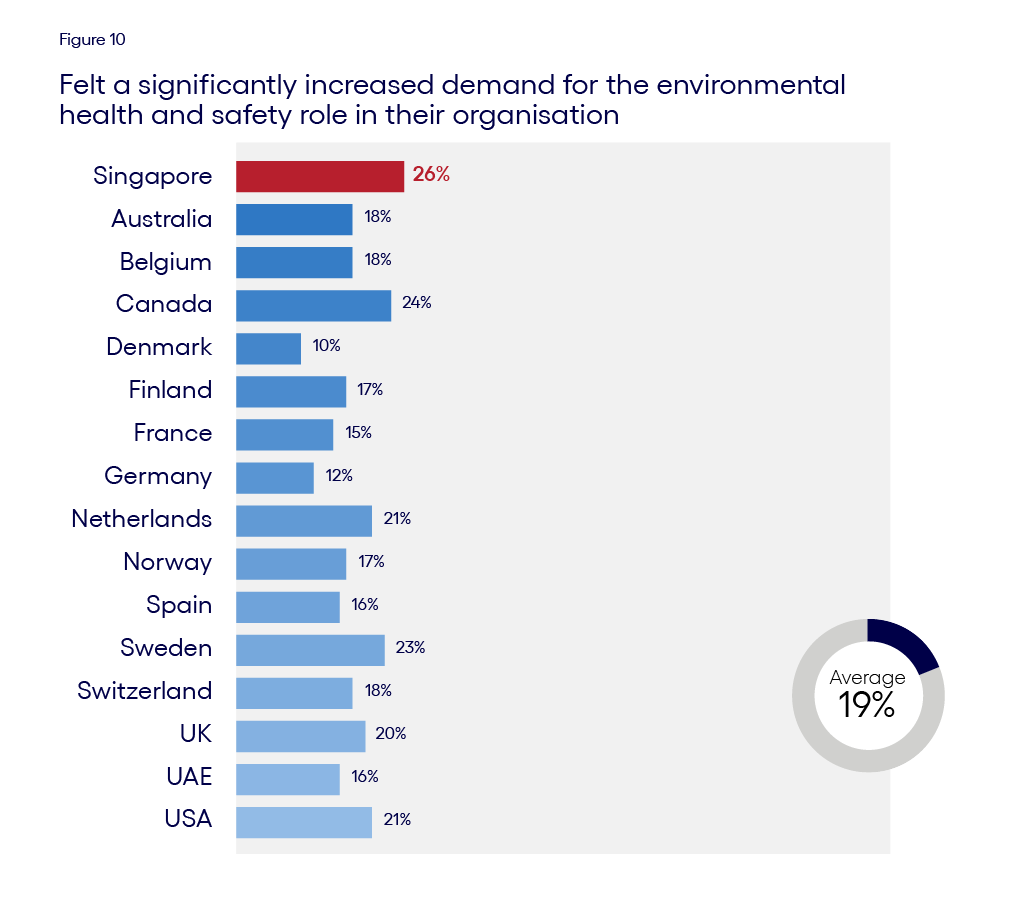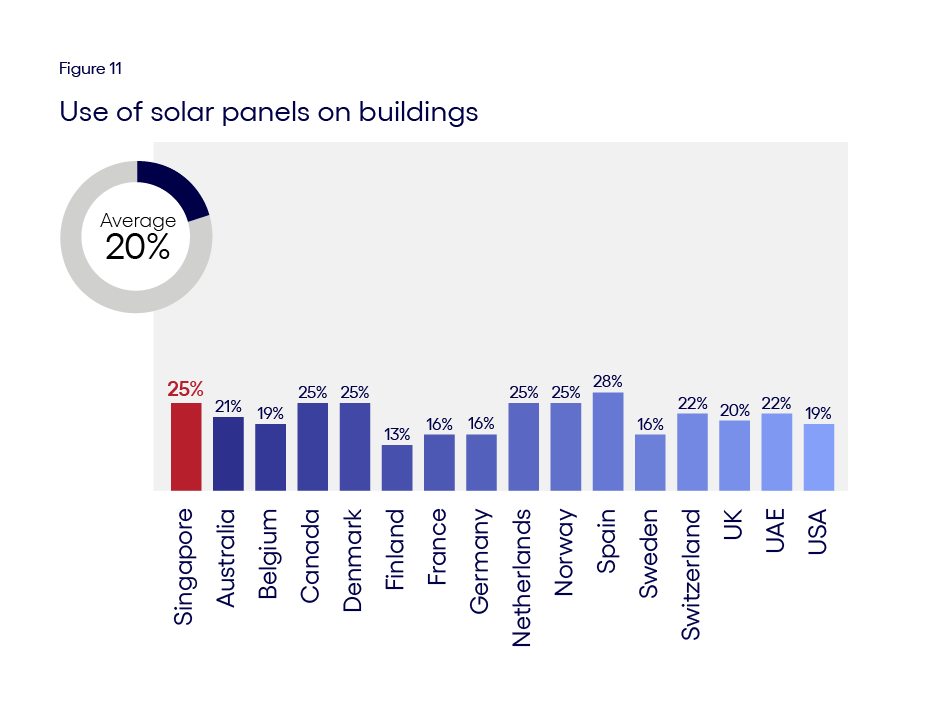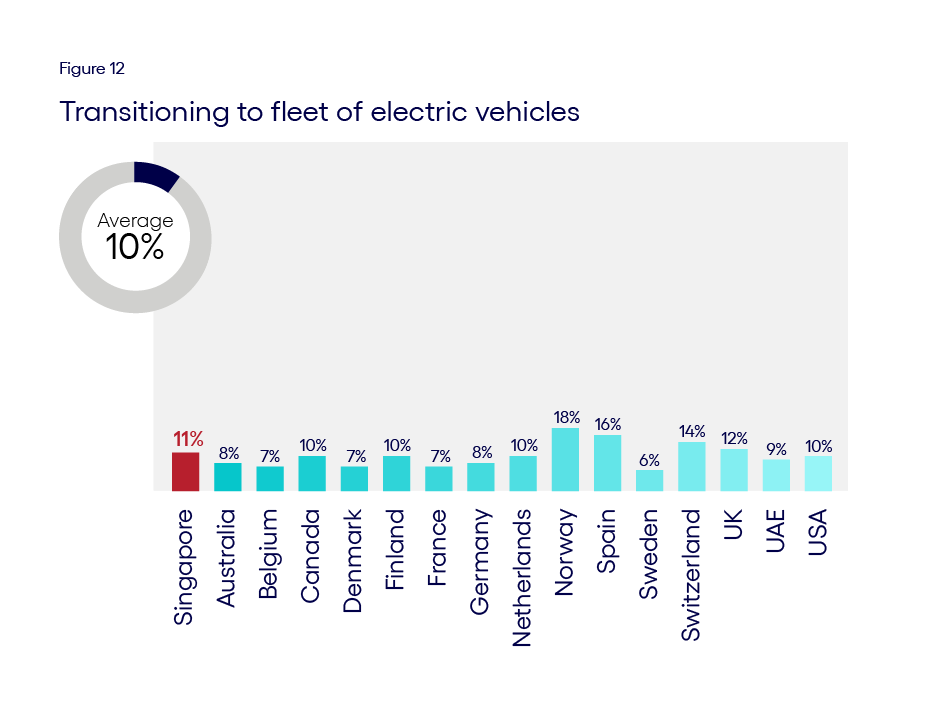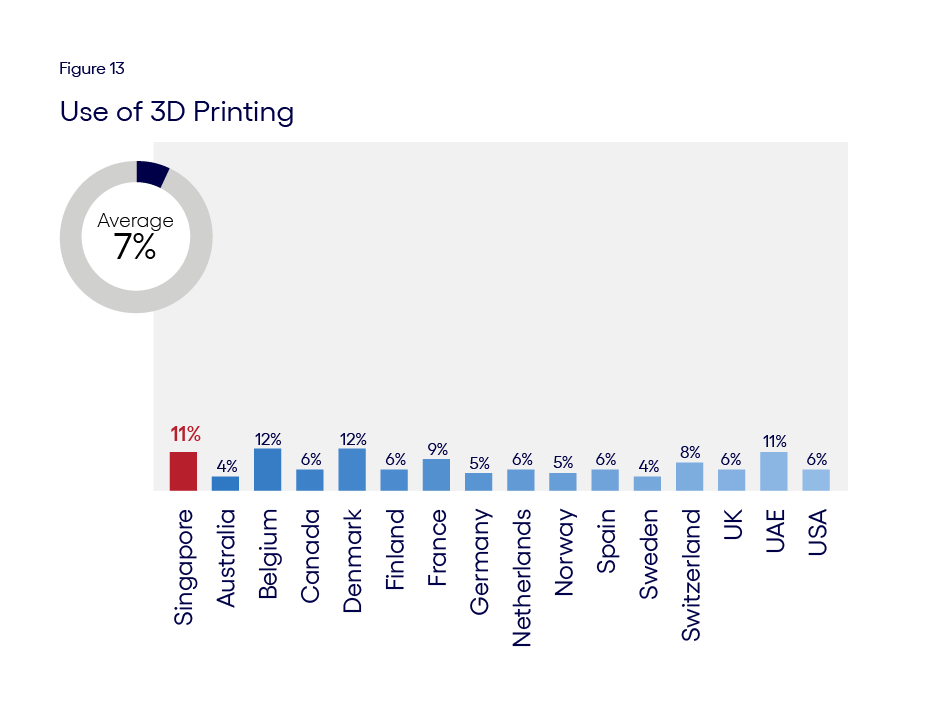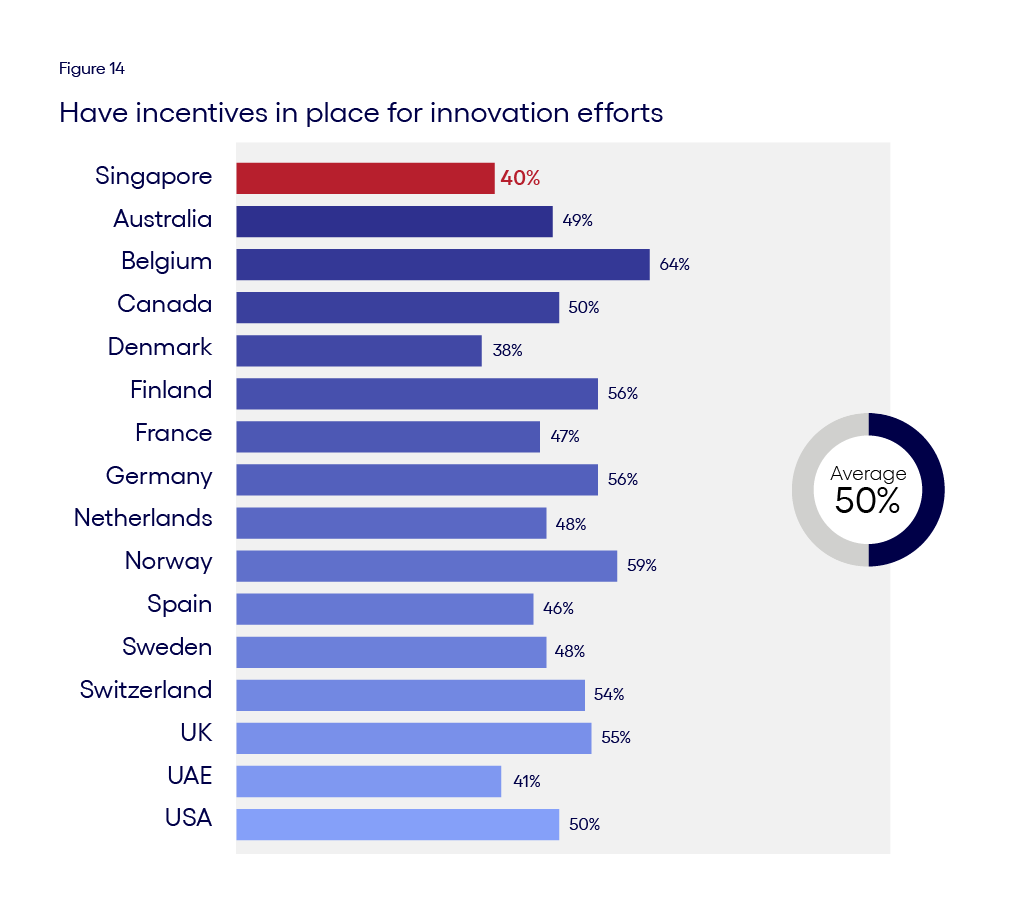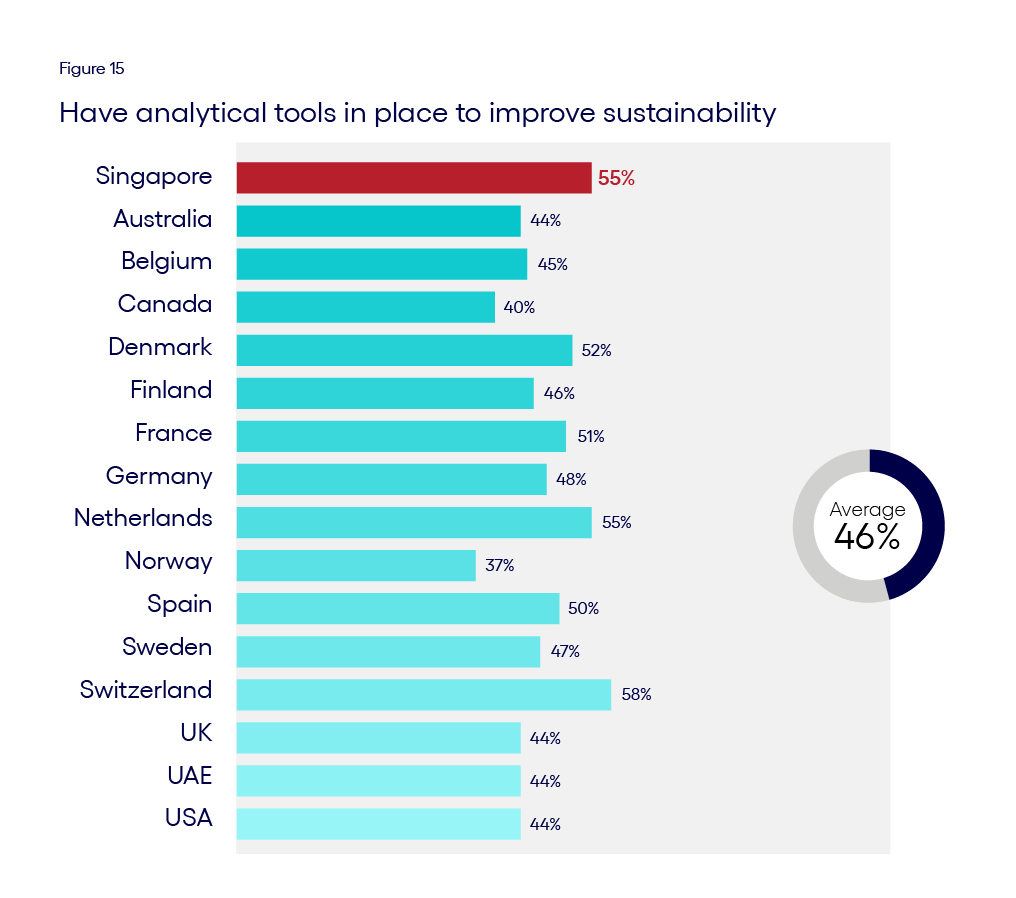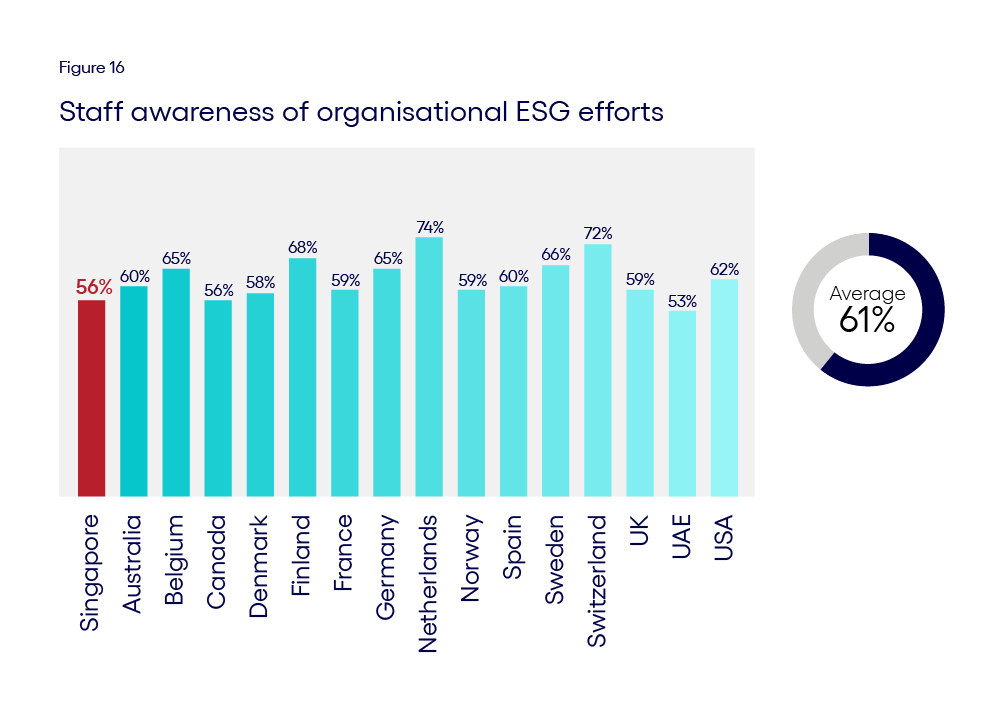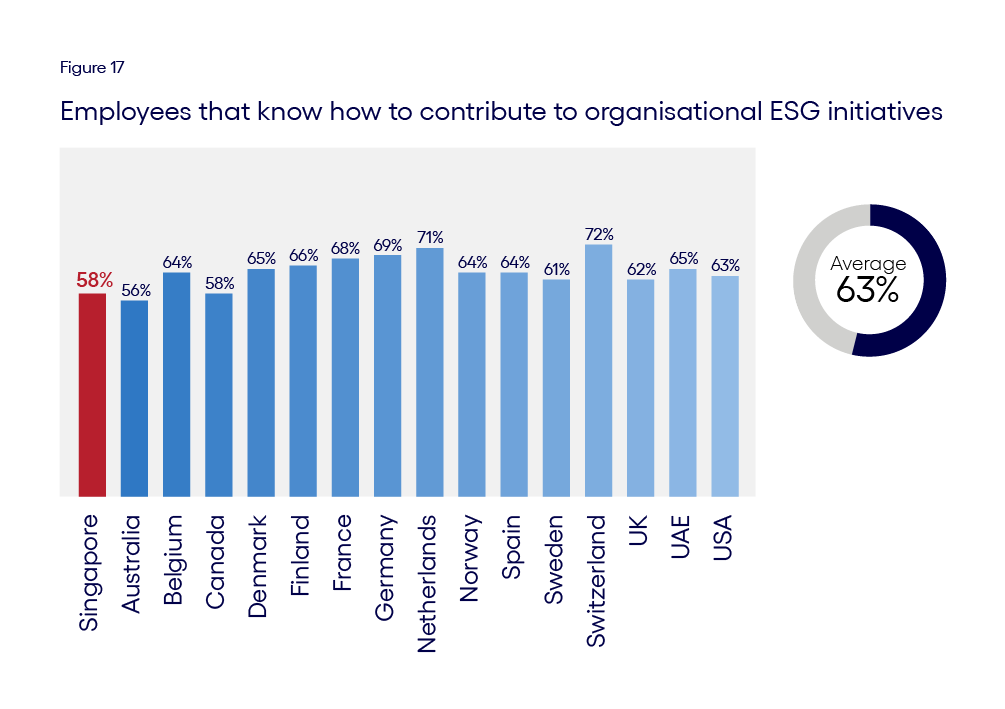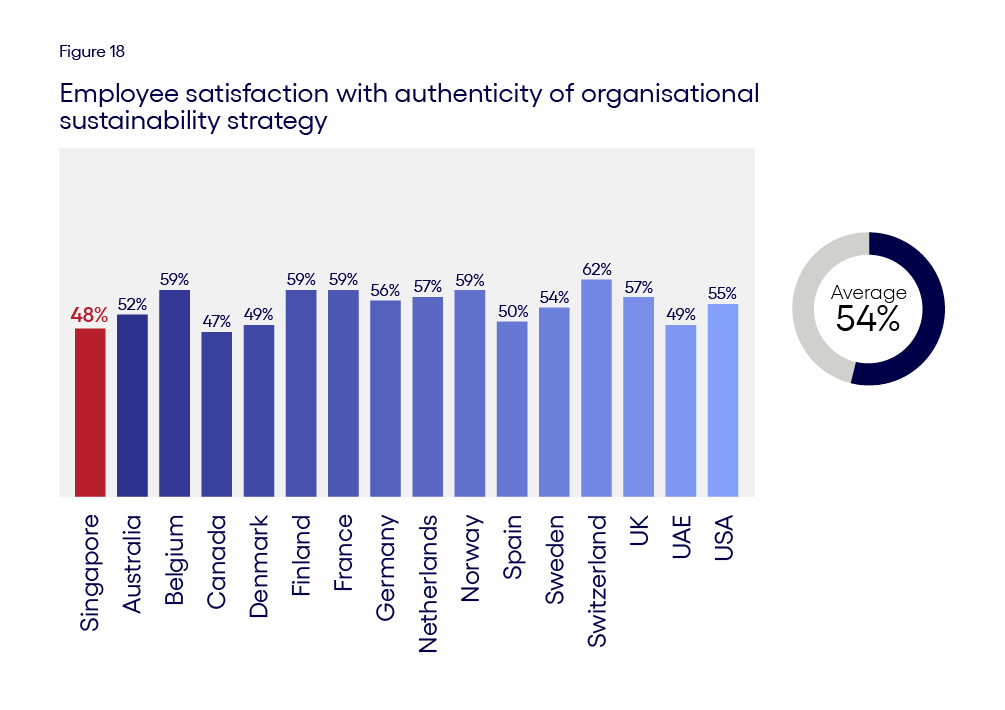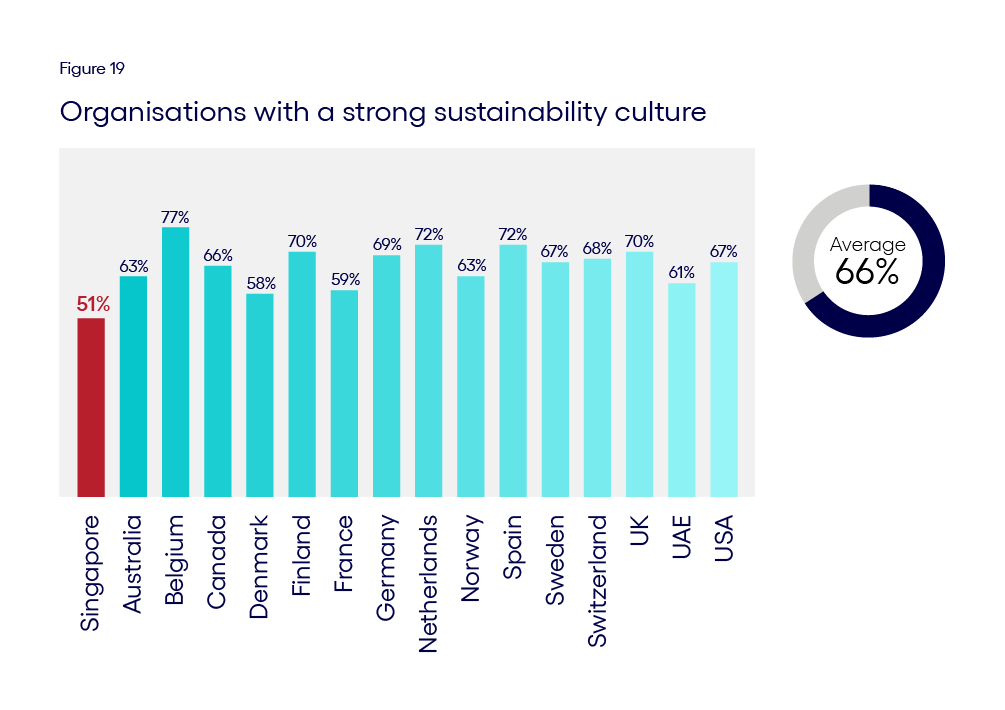Foreword
"Citizens, business executives and country leaders know that the climate crisis is one of the biggest challenges we will face in our lifetime. How can we make the changes needed to avert a catastrophe? We must face the problem head on and be clear about what it will take to transform to a green economy.
In this report, we look at sustainability leadership in the Singapore business world, comparing what leaders are thinking here with others across 16 global regions and 11 industries. Results suggest there is a long way to go to achieve the carbon transformation we are aiming for, but there are many positives to build on as stepping stones toward that future.
The most important part of offering a comparative survey is to better understand today’s baseline so we gain clarity on the best path forward. What are the green leaders getting right? Where are we behind the curve?
As we debate investments around ESG in earnest, we hope that this report and its lessons help you to see the importance of sustainable strategy, culture and organisational change as the path to green outcomes."
Constance Ho
Senior Director, Banking & Financial Consulting Services, ASEAN & Greater China, Cognizant



















